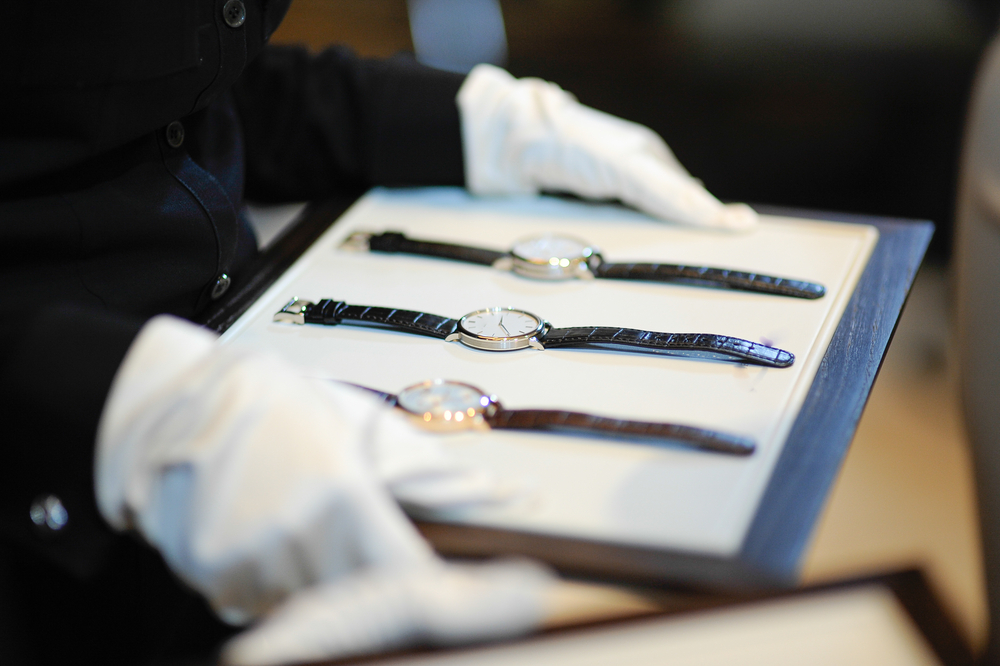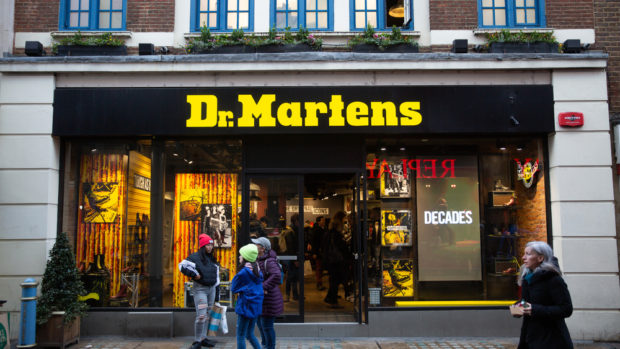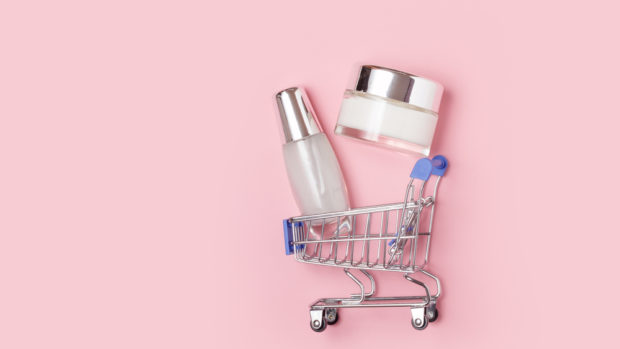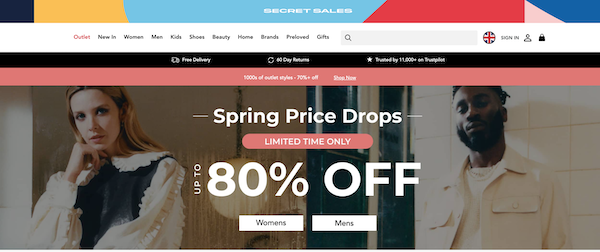
A new report from Bloomberg Intelligence (BI) has found that China’s reopening and recovering global travel retail favour LVMH over many luxury peers, with 9 per cent organic sales and 30 bps gross margin growth in 2023 seen by consensus, driven by its unrivalled range of categories and geographies. Margin performance is much more mixed than revenue, with several sectors due sizable benefits from reopening in China.
LVMH is still the only luxury goods peer present in global scale across six major-market sectors: Fashion & Leather Goods, Selective Retailing, Perfumes & Cosmetics, Wines & Spirits, Watches & Jewellery and other activities. Fashion & Leather manufacture drives strongest growth and profitability across an array of luxury brands led by Louis Vuitton, which exceeds revenue of €20 billion. Selective Retailing, including DFS duty-free, and Other Activities are most dependent on a progressing global travel recovery, with DFS heavily exposed. Wines, spirits and fragrances can also benefit from more travel shoppers.
Deborah Aitken, BI senior consumer products analyst, added: “LVMH’s Fashion & Leather Goods – its biggest division, with 14 houses and half of group sales – is the fastest driver of revenue and profit with brands’ demand escalating. With an average growth rate exceeding 2x the luxury goods market, the unit’s €39 billion of annual sales also secured its best sector-adjusted operating margin (40.6 per cent) – making up 75 per cent of adjusted operating profit – and should maintain top rank in the midterm. Louis Vuitton is the No. 1 brand, with sales in excess of €20 billion and, we believe, two-thirds of Fashion & Leather Goods’ total. Christian Dior is still a distant No. 2, though it’s highly ranked and building momentum. New designs and personalised marketing are driving in-store and online brands momentum. Fashion & Leather organic growth could rise 10 per cent in 2023.”
Selective Retailing – LVMH’s No. 2 division – is due a major step up in revenue – up high single digits to €16 billion in 2023 based on consensus estimates, or 19 per cent of the total – and in operating leverage to help rebuild and expand margin in the midterm. A pickup in Asian travel and China reopening aid prospects, with Asia-dependent Duty-Free Shoppers (DFS) and Sephora (majority in-store beauty consultation) the two largest of its five houses in selective retailing. Selective retailing also encompasses the most-luxurious department store and food halls in Paris.
Recent order books for watches and jewellery and the revival of events such as Watches and Wonders aid sector confidence, with LVMH playing a bigger role since its acquisition of Tiffany early in 2021. Sales at LVMH’s Watches & Jewellery division are forecast by consensus to exceed €11 billion in 2023,up 15 per cent, with a high-teen adjusted operating margin and long-term uplift potential. Representing eight houses, Watches & Jewellery is LVMH’s most recently established unit and – following the US$15.8 billion acquisition of Tiffany – its third-largest division (formerly sixth). Tiffany boosted exposure in Asia, while LVMH’s Bulgari and Chaumet brands should help raise Tiffany’s high-end position. In November LVMH acquired Pedemonte (2020 merger of several production workshops), adding capacity in Italy and France.
With sector revenue likely to exceed €8 billion in 2023, LVMH is a major player in luxury perfumes, makeup and skincare and its 15 brands should prove a top beneficiary of the full return of international travel in the next 18-24 months. Heavier exposure to expensive makeup and perfumes is reaping rewards, led by Parfums Christian Dior in Europe and the US, while acquisitions of brands such as Officine Universelle Buly, with natural and water-based scents, body oils and hand creams, builds some skin-care scale. Yet we think LVMH can bolster the division more, via store openings and more deals. Operating margin at less than 10 per cent is half that of peers such as L’Oreal and Estee Lauder. China’s reopening and added focus for high-margin skincare deals, plus owned-brand extensions could help over the long term.








Share